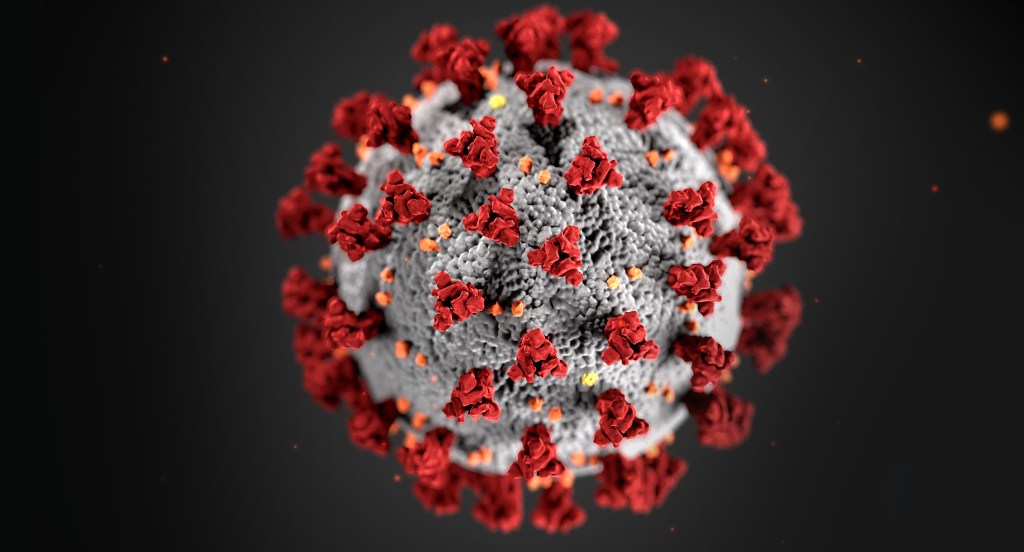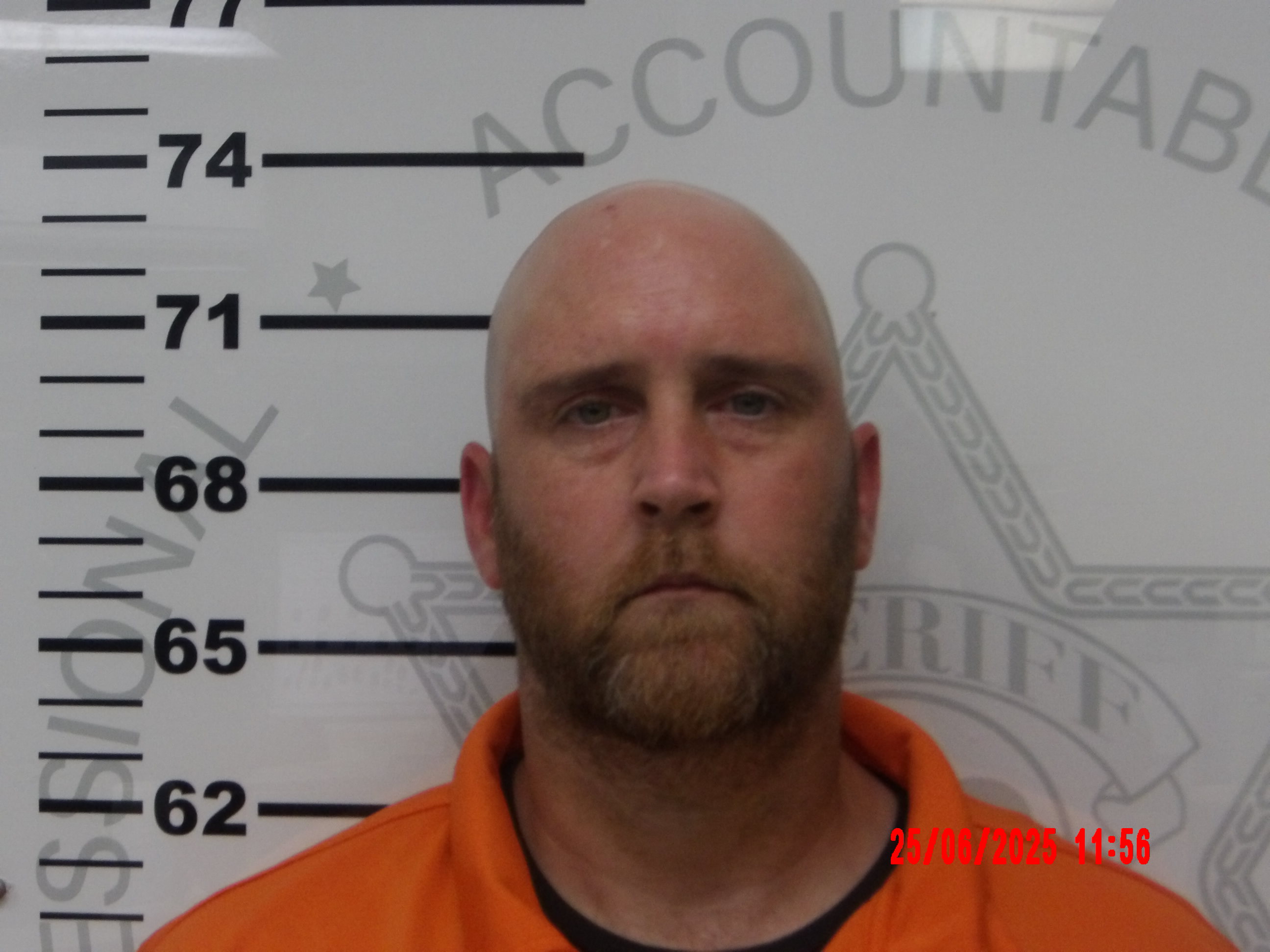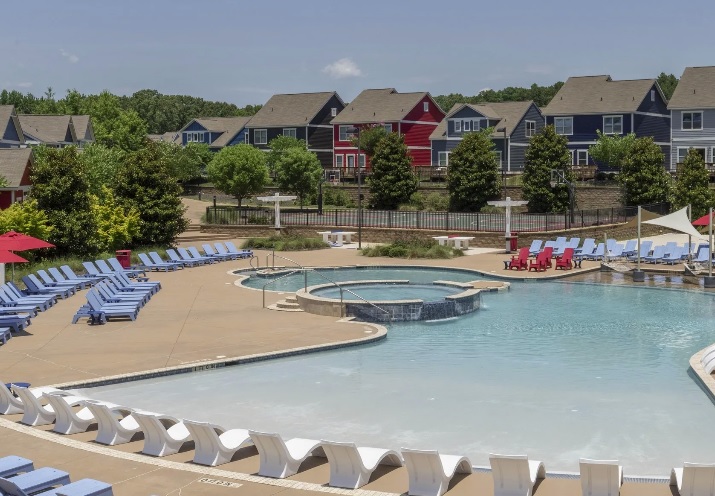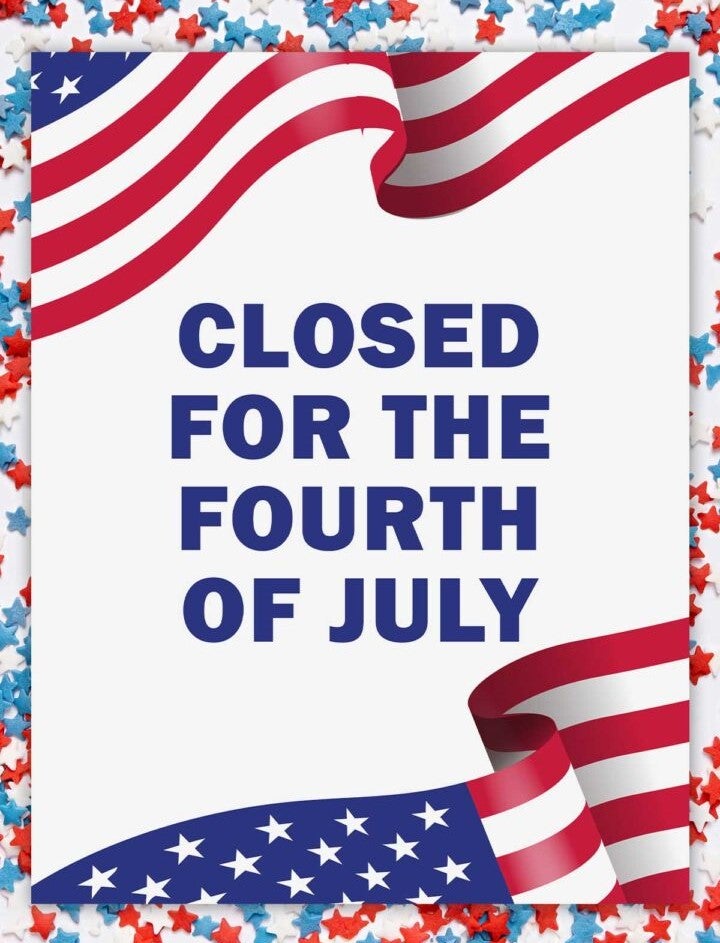Aldermen keep mask requirement in place as COVID-19 cases increase
Published 12:56 pm Monday, June 29, 2020
With the recent spike in COVID-19 cases in Oxford and Lafayette County, the city-wide mask requirement is staying in place for the foreseeable future.
The decision was made by the Oxford Board of Aldermen to keep the mask requirement in place until further notice during a specially called meeting on Monday. The meeting was originally for budget hearings with city department heads, but the Board opted to discuss the latest COVID-19 numbers and the mask requirement as well.
The requirement will be revisited by the Board throughout the month of July during their two regular meetings and budget meetings scheduled.
By the numbers: Where Oxford stands
During the meeting, Oxford’s emergency management director Jimmy Allgood reported that, of the 14 area clinics that have begun reporting testing data directly to City Hall, there have been 1,200 tests conducted and around 125 positive cases.
Mayor Robyn Tannehill provided a further breakdown of cases being reported by the urgent care clinics. She noted that not all of the 14 clinics are reporting data, and some that are reporting are not doing so daily.
The Mississippi State Department of Health is now reporting numbers that include the expected roll off date for each positive case, but Tannehill said that data was already out of date by the time they receive it.
“By the time they are reporting a positive case to us, their positive test date was about 10 days before,” Tannehill said. “So, we know that even the numbers that we are getting that are in the county are anywhere from a week to 10 days past from when they were positive.”
Allgood added that of the three new cases reported on Sunday, two of them had already rolled off prior to being reported by MSDH.
“This biggest issue with that is trying to identify trends,” Tannehill said.
One clinic reported testing data from between March 21 and June 21, where they administered 808 tests, which resulted in 126 positives – 85 of those tested reside outside of Lafayette County.
From June 20 to 25, area clinics reported a total of 358 tests administered, with 75 of them coming back positive and 27 of those coming from people residing outside of Lafayette County.
With those numbers included in Lafayette County’s officially reported numbers, the County currently has a 16.6-percent positive rate, after seeing a one- to two-percent positive rate at the beginning of the pandemic, according to Tannehill.
On Monday, MSDH reported seven new cases in Lafayette County, bringing its total to 330 cases since March 19. Allgood said 67 of those cases were active as of June 28.
“Everything we’re looking at is so many days behind,” Tannehill said. “It’s hard for us to identify trends and make judgement calls when our data so behind.”
Hospitalization Rates in the LOU
An update on the hospitalization rate of Baptist Memorial Hospital-North Mississippi was also provided by Tannehill during the meeting.
When the pandemic hit Lafayette County in March, the hospital was at around a one- to two-percent occupancy rate for COVID-19 patients. Currently, that rate has increased to an average of 10 percent per day for COVID-19 patients.
The total hospital occupancy is between 60 and 70 percent, currently. The percentage is higher on Mondays and Wednesdays, when elective procedures are performed.
Critical care beds, or the Intensive Care Unit, which is typically about 50 percent full, is now 75 percent full daily, according to Tannehill. The mayor also stated that the hospital had “plenty” of ventilators. The hospital is reporting more COVID-19 patients now, but many are from surrounding communities and counties.
Curbing Recent Spikes
The discussion soon shifted from COVID-19 case numbers to possible solutions to help curb the recent spike in Lafayette County and Oxford. One of those options was potentially closing the bars down after 10 p.m.
Allgood referenced states such as California, Florida and Texas, which have recently closed their bars once again or limited the sale of alcohol at those establishments.
Alderman Janice Antonow said she was in favor of keeping the bars and restaurants closed starting at 10 p.m., except for restaurants that have drive-thru service.
Another option presented was returning to limiting the number of people at an indoor gathering from 50, if social distancing is possible, back to 20 and 10 if social distancing is not possible.
“If we want to be serious about this and if we really want to put a lid on these cases, I think we should do a couple of things,” Antonow said. “One is, we know that this congregation of large groups is a big part of what’s causing this increase. I think that we need to go back, step backwards, with the number of people who congregate. … Another thing is the bars, restaurants. After 10 o’clock is the time people are drunk and trying to keep the social distancing must be really a chore. I can’t imagine trying to keep people six feet apart.”
Oxford police chief Jeff McCutchen spoke, and said the department was seeing the maximum-allowed capacity inside bars since they were allowed to resume normal business hours earlier in June. He said he was not in favor of placing restrictions on Monday, but he did ask for his officers to be allowed to “ramp up enforcement” first, before a decision is made.
“See if we can get some compliance,” McCutchen said. “Allow people to police people and if that doesn’t work, then I think they pushed our hand and we’ve got to reduce those numbers. Let us work on a strategy of being more proactive on citations and if that doesn’t work out, then I think we’ve run out of choices.”
Alderman Jason Bailey said he was hesitant to placing restrictions once again, while Alderman Kesha Howell-Atkinson said she was in favor of placing restrictions and was okay with allowing McCutchen and OPD to try to work on compliance this week. The Board decided to allow McCutchen to bring them an assessment from this week including citations issued, how many checks were made, repeat offenders and total number of party checks.
The Board will revisit the issue of placing restrictions on bars, as well as the number of people in large gatherings, during a meeting on July 6.






